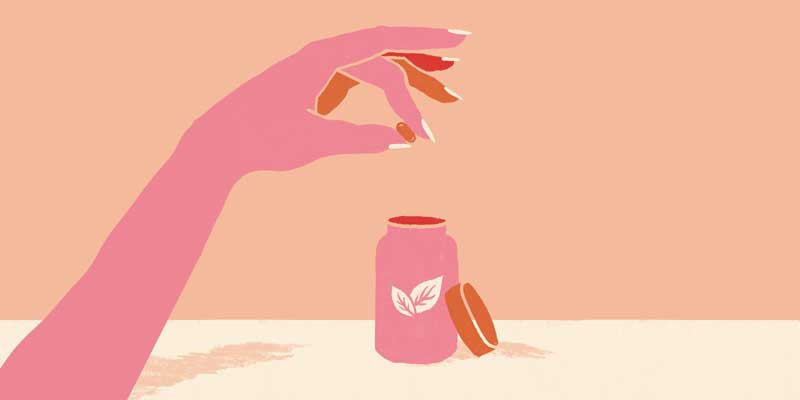
The horsemeat scandal has dented people’s appetite for processed meat products.
— Mailonline
For those who already felt squeamish about eating meat, these unsavoury revelations have been the last straw.
“It’s enough to make you become a vegetarian,” they say.
This is great news for sales of vegetarian foods in general and imitation meat products in particular.
You can buy a wide range of meat “replacements”; from “pepperoni”, “lamb-style roast” and “meat-free turkey” to “fish-style steaks”, “duck” pate and veggie “mince”.
Last week, Asda (Stores Limited) boss Andy Clarke said more shoppers were buying vegetarian meals in the wake of the horsemeat scandal.
And health food chain, Holland and Barrett (in the UK) reported earlier last month (February) that sales of its veggie burgers were up by 17%, while vegetarian “beef roast” had lifted by 50%.
- Chamisa under fire over US$120K donation
- Mavhunga puts DeMbare into Chibuku quarterfinals
- Pension funds bet on Cabora Bassa oilfields
- Councils defy govt fire tender directive
Keep Reading
Soya beans contain naturally occurring toxins
The main ingredient in mock meat products is a modern type of soya, first manufactured for food use in 1959.
Labelled as vegetable protein, textured vegetable protein or soya protein, it is made from highly processed types of soya flour, called “isolate” or “concentrate”. The use of these soya ingredients isn’t restricted to meat lookalikes.
Even if you aren’t a meat avoider, you are almost certainly eating soya in a number of products, from cheese spreads and non-dairy creamer to protein bars and ice cream.
Study the label on a ready-made beef burger, for instance, and you will often find it contains soya protein isolate — a cheap filler to bulk up the meat.
The soya bean is cultivated worldwide, with the biggest supplies coming from the US and Brazil.
Once the oil has been extracted, the solids that remain are processed to obtain pure protein.
Soya beans contain naturally occurring toxins. These include phytic acid, which reduces our ability to absorb essential minerals, such as iron and zinc, and might therefore cause mineral deficiencies, and trypsin inhibitors, which impair the body’s capacity to digest protein.
These toxins are also found in other foods, such as chickpeas and wheat, but at lower levels.
Processing soya is designed to substantially reduce or remove these toxins, but traces may remain.
Soya also contains isoflavones — potent plant compounds that mimic the female hormone, oestrogen.
In 2011, the European Food Safety Authority’s scientific panel dismissed claims made by the soya industry that isoflavones helped hair growth, eased menopause symptoms, supported heart health and protected cells against oxidative damage.
It concluded a cause-and-effect relationship between consumption of soya products and health benefits “had not been established”.
Meanwhile, there have been suggestions that, far from being protective, eating too much soya protein can be harmful because of its hormonal effect.
HEART DISEASE RATES LOWER IN ASIAN COUNTRIES
Until the Eighties, soya protein was seen merely as a by-product of the soya oil industry, but then US soya companies set about making it more profitable by promoting it as a health food.
They claimed eating soya could give you stronger bones, control symptoms of menopause (hot flashes and night sweats) and make you less likely to develop breast, colon or prostate cancer.
These claims were largely based on research sponsored by the soya companies and on epidemiological studies that show associations between things.
For instance, because rates of heart disease are lower in most Asian countries than in Western ones, soya companies argued this was because Asian people consumed more soya.
Soya was marketed as a wonder food, the Orient’s remedy for the West’s health problems.
However, the health virtues attributed to soya were soon challenged by researchers.
In 2006, for example, an American Heart Association review of a decade-long study of soya’s supposed benefits cast doubt on the “heart healthy” claims and concluded that soya did not reduce hot flashes in women or help prevent cancer.
A study at Massachusetts General Hospital’s infertility clinic in 2008, where men were asked to consume various soya products, including tofu, veggie burgers, soya milk and protein shakes, found “higher intake of soya foods is associated with lower sperm concentration”.
The jury is out on the long-term health impact of eating soya, but there are reasons to be wary.











